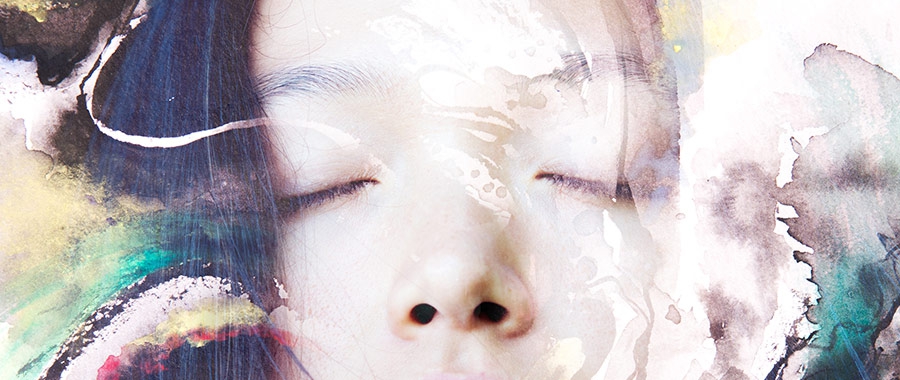The views expressed in our content reflect individual perspectives and do not represent the authoritative views of the Baha'i Faith.
A couple of months ago, I sent a birthday message that sent me on a month-long journey to redefine beauty.
It was a dear friend’s twenty-first birthday, and I decided to write a nice happy birthday message for her. I wrote something about her having a beautiful soul and sent the message off, but when I re-read the message, that particular phrase stood out to me. If we define beauty as something that we see, and we can’t see someone’s soul, then can a soul be beautiful?
What about a thought? I’m sure I’ve heard people say “that’s a beautiful thought” before. If beauty is only in what we see, how can a thought be beautiful?
These questions began to really bother me. I decided that to find the answer to them, I’d have to go back to the very definition of beauty. A quick Google search left me unsatisfied. Most sites defined beauty as something that was aesthetically pleasing or gave a sense of satisfaction, but I would hardly call the moment I admire something beautiful as “satisfying” – more that it evokes wonder and excitement.
Maybe the root of these questions was in the way beauty was defined. I decided to create my own definition of beauty: “something you perceive that gives a feeling of wonder.” I began to put this new definition to the test, but again, it didn’t sit quite right with me. In my exploration, I also began to learn that different people appreciate different forms of beauty, with some people having an eye for design and fine art, others appreciating the beauty of good architecture, and even more admiring the nature of our beautiful world.
Is seeing beauty just the ability to see good? Is beauty simply synonymous with good? What makes it differ from a virtue like nobility, then?
It was in conversation with the same friend who had started all of this that I began to find answers. She sent me this quote from the Baha’i writings on the appreciation of nature:
Say: Nature in its essence is the embodiment of My Name, the Maker, the Creator. Its manifestations are diversified by varying causes, and in this diversity there are signs for men of discernment. Nature is God’s Will and is its expression in and through the contingent world. It is a dispensation of Providence ordained by the Ordainer, the All-Wise. – Baha’u’llah, Tablets of Baha’u’llah, Lawh-i-Hikmat
Maybe beauty is being able to perceive God’s qualities in things, just like how we appreciate nature because it is the expression of God’s Will. By saying that my friend’s soul was beautiful, I was saying that I had seen many of God’s qualities in her.
This definition seemed promising, and I began to test it out. It was different from nobility, because nobility was to exhibit the qualities of God, and this definition of beauty had to do with perception. Beauty in design, symmetry and cleanliness showed similar qualities to the beauty we see in nature.
What about thoughts? Let’s take as an example the thought that we are all like flowers in one garden, different but complimentary. In this one thought there are several things we could find beautiful: the imagery of the flowers, the eloquence by which the idea is explained, even the sentiment alone. It’s almost like there is a certain quality or spirit behind all these things.
Using this new definition, the common spirit I could see in the different aspects of this thought were the different qualities of God each showed. In this way, maybe beauty is also a virtue: something we can practice and learn to show.
We as human beings may not fully understand the soul, but according to this new definition of beauty, it is the most beautiful part of our beings. The Baha’i writings state very clearly that the soul is not physical – contrary to the wispy, vapor-like form pop culture would have us believe the soul takes. A useful analogy in this regard is that God is like the Sun, and we are like mirrors that show His qualities. The soul would be like the light in the mirror. It is not inside the mirror, but emanates from a higher plane and allows the mirror to function and serve its purpose. The soul is the part of us that shows these qualities of God. Every individual’s soul is beautiful.
Maybe if we all tried to put a bit more beauty in our lives, in the things we create, and in the words and deeds we practice, we would be able to strengthen this quality in society and contribute to a better world.
O CHILDREN OF ADAM! Holy words and pure and goodly deeds ascend unto the heaven of celestial glory. – Baha’u’llah, The Hidden Words, Persian no. 69
















Comments
Sign in or create an account
Continue with Googleor